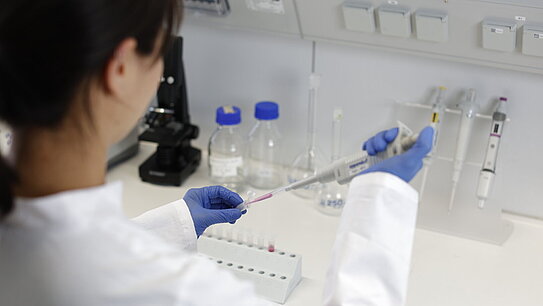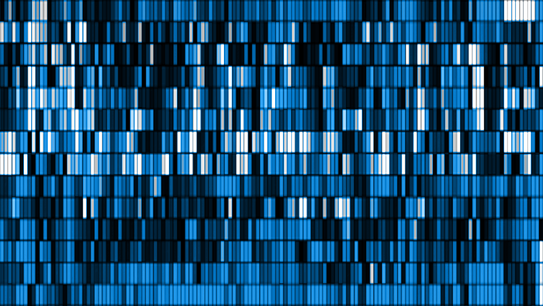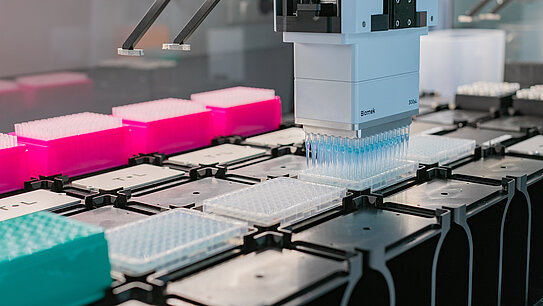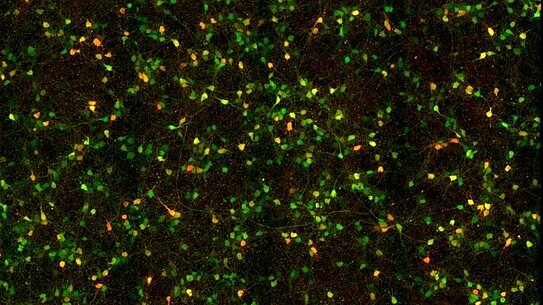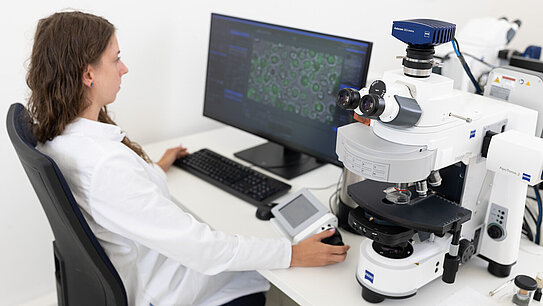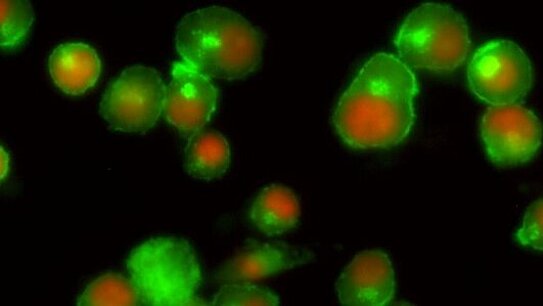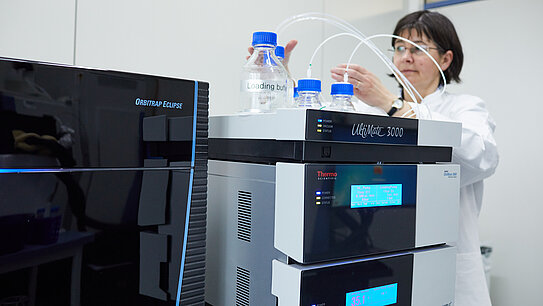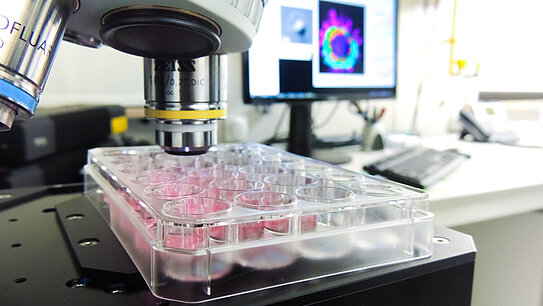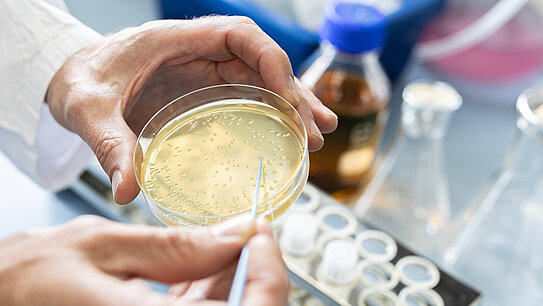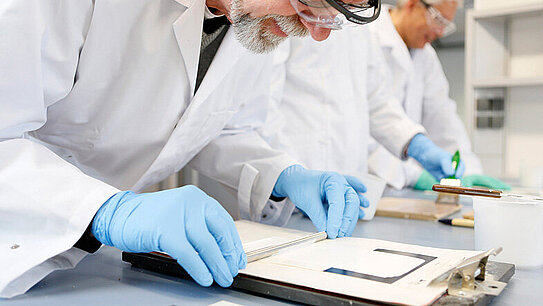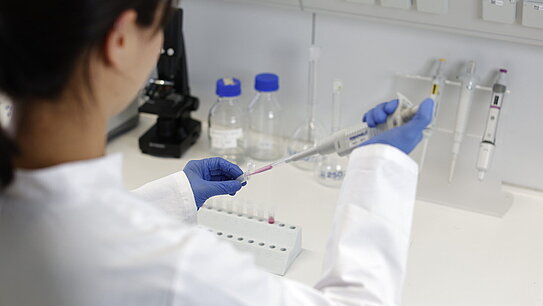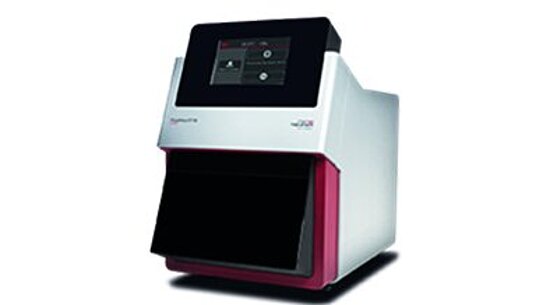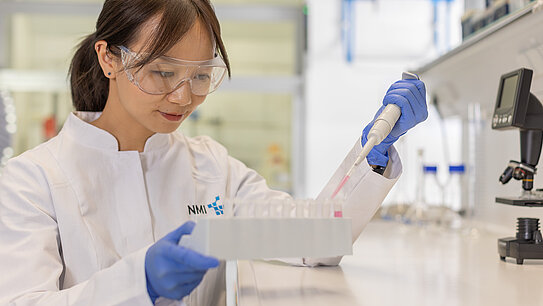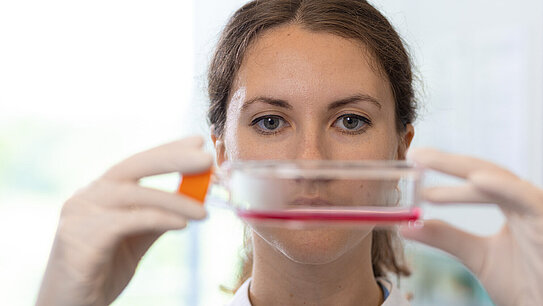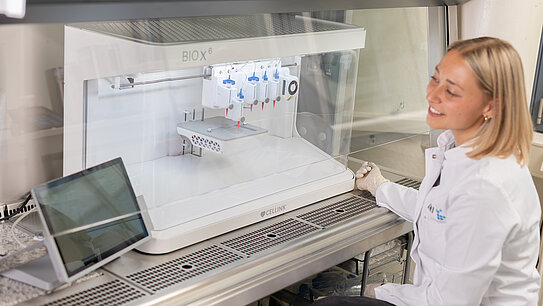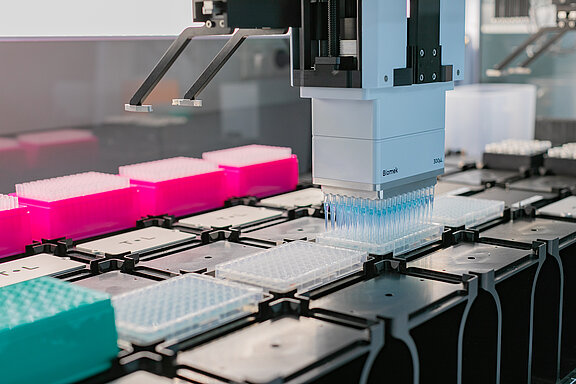
Biomarkers and Bioanalytics
The use of biomarkers and bioanalysis in basic and clinical research and clinical practice has now become commonplace. The NMI has an outstanding portfolio of bioanalytical technologies and methods for biomarker analysis and services for use in the pharmaceutical, biotechnological and diagnostic industries as well as in academic projects.
Whether improving diagnostics or developing new pharmaceuticals, biomarkers and bioanalysis form an integral part of biomedical research. With over 20 years of experience in biomarker development, validation and analysis, the NMI is proud to offer a wide variety of biomarker and bioanalysis tools to support your research goals. Key research topics and strengths include the development and validation of immunoassays (single-analyte, multiplex and ultrasensitive) and biomarker evaluation for developing or testing medical products (e.g. gene therapies or pharmaceutical compounds).
Services
